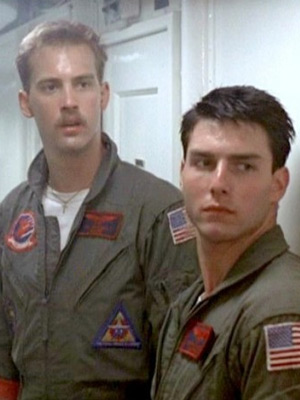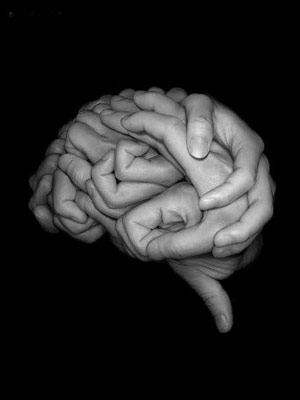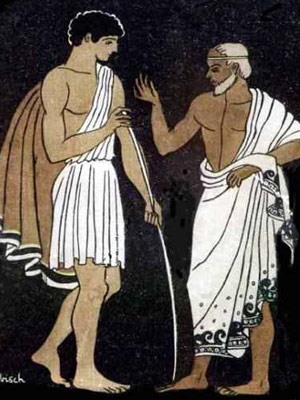 Sure, a drink or two helps relax inhibitions. That's why so many people rely on a drink to relax and be creative. Somewhere between tipsy and sloppy there is a relaxed zone of openness, socialiblity and creativity. But it's a fine line. Being relaxed is good. Being sloppy and unable to exercise good judgement? Not so good. You're not a monkey throwing feces at a wall and hoping it'll be art. You want quality ideas and the skills to present them well.
Sure, a drink or two helps relax inhibitions. That's why so many people rely on a drink to relax and be creative. Somewhere between tipsy and sloppy there is a relaxed zone of openness, socialiblity and creativity. But it's a fine line. Being relaxed is good. Being sloppy and unable to exercise good judgement? Not so good. You're not a monkey throwing feces at a wall and hoping it'll be art. You want quality ideas and the skills to present them well.
How do you find the creative fugue state without the vino or absinthe? Practice and many hours spent doing the thing you love. Don't worry about making something perfect. Just make something and learn from the experience. Stay relaxed. It’s proven that falling when drunk will result in fewer injuries than falling down sober. Make some mistakes and learn how to stay loose in the face of adversity. The thing you're making might become something unexpected, and better, if you let it breathe.


















